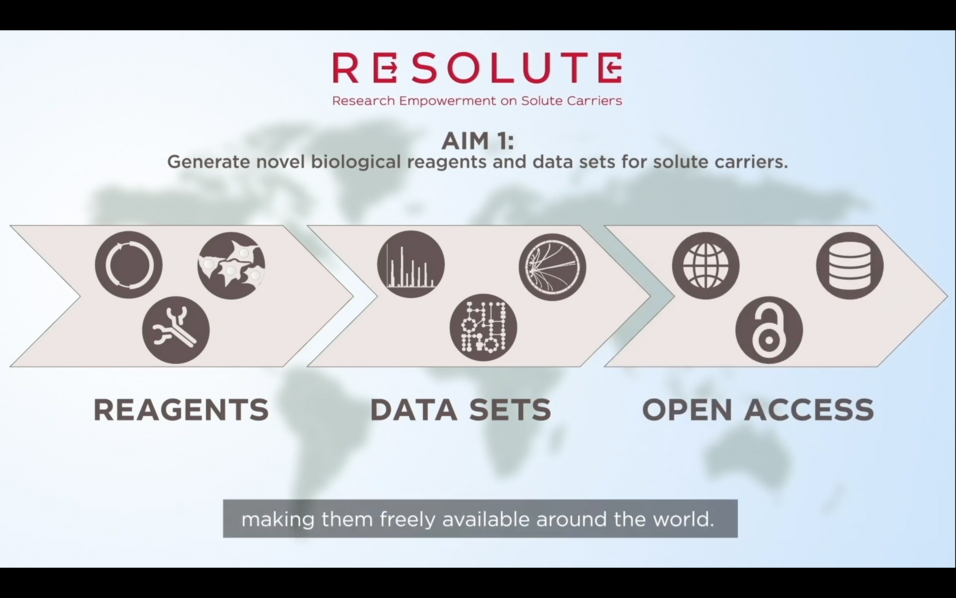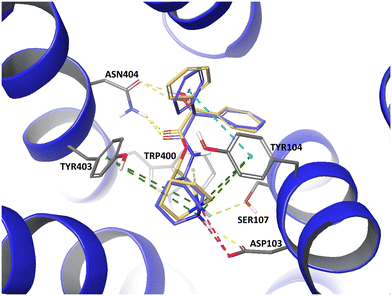We are thrilled to present the new #intro video for RESOLUTE @IMI_JU made by @Sci_Ani. It explains why #transporters and #SLCs are key for human biology and the #goal of our project. Enjoy!#OpenScience #Science #communication https://t.co/GDkVRk0TwJ
— RESOLUTE (@RESOLUTE_IMI) January 28, 2021 on Twitter
Please find the video here: https://www.youtube.com/watch?v=SgIJ-p9JDEY




